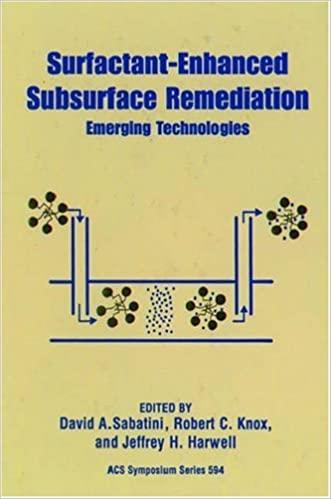Answered step by step
Verified Expert Solution
Question
1 Approved Answer
Thermodynamic theories provide insights into energy transfer and phase equilibria, guiding the design of separation processes and reactors. Transport phenomena theories, including heat, mass, and
Thermodynamic theories provide insights into energy transfer and phase equilibria, guiding the design of separation processes and reactors. Transport phenomena theories, including heat, mass, and momentum transfer, elucidate the behavior of fluids and particles within engineering systems, essential for reactor design and fluid flow optimization. Kinetic theories delve into reaction mechanisms and rate equations, facilitating the design of efficient catalytic converters and chemical reactors. Quantum chemistry theories underpin molecularlevel understanding, aiding in the development of novel materials and processes. Mastering these theoretical frameworks equips chemical engineers with the tools necessary to innovate and address contemporary challenges in energy, environment, and materials.
Step by Step Solution
There are 3 Steps involved in it
Step: 1

Get Instant Access to Expert-Tailored Solutions
See step-by-step solutions with expert insights and AI powered tools for academic success
Step: 2

Step: 3

Ace Your Homework with AI
Get the answers you need in no time with our AI-driven, step-by-step assistance
Get Started


